Breakthrough in Alzheimer's Diagnosis: APEX Platform Shows Promising Results
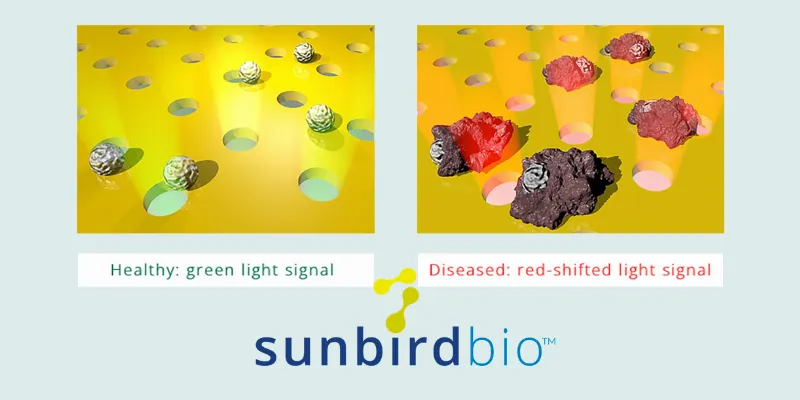
26 February 2024
In a significant advancement for Alzheimer's disease diagnostics, Sunbird Bio is making strides with its APEX technology, designed to detect disease-specific protein states at nanoscale levels in the blood. The company has stated that its latest findings, soon to be shared at the AD/PD™ 2024 International Conference on Alzheimer’s and Parkinson’s Diseases, underscore the platform's potential to revolutionize Alzheimer's diagnosis.
APEX offers a non-invasive, accurate detection of amyloid beta in blood, addressing the need for earlier diagnosis. Research shows APEX's diagnostic performance, potentially halving clinical trial recruitment costs.
John McDonough, the CEO of Sunbird Bio, emphasizes the increasing need for improved diagnostic tools in light of new Alzheimer's treatments. “We look forward to sharing the latest data from ongoing studies of our APEX platform at this year’s AD/PD conference. Our latest findings reinforce the potential of our APEX technology to overcome the inaccessibility, invasiveness and lack of reliability associated with today’s diagnostic tests.”
Previously published in Nature Communications, research on the APEX platform demonstrated its ability to detect amyloid beta (Aβ) molecules in the blood accurately, indicating the presence of Alzheimer's disease. With Alzheimer's affecting millions and the diagnostic market estimated at $10 billion annually, the need for such innovative solutions has never been more critical.
Currently, half of the individuals with Alzheimer's never receive specialist referrals, with many cases detected only at more advanced stages, limiting treatment efficacy. The APEX amyloid positivity test presents a paradigm shift, enabling earlier and more personalized treatment approaches.
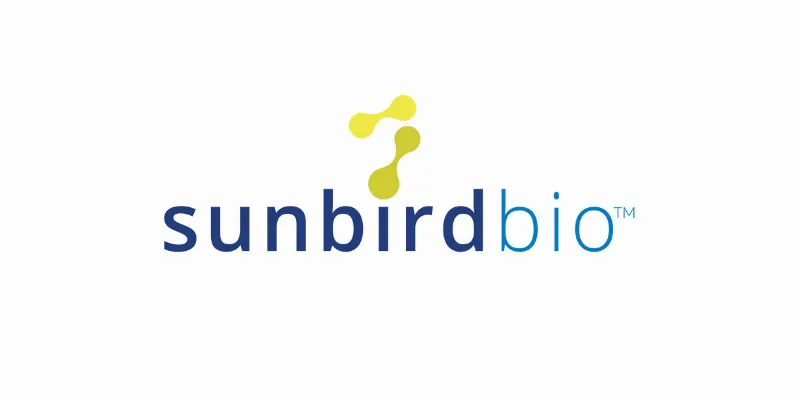
A recent study further bolsters APEX's credentials, comparing it against the single-molecule array immunoassay (Simoa) in detecting brain amyloid-β (Aβ) load. Conducted on a memory clinic cohort of 68 individuals, the APEX Aβ42 biomarker not only showed a high correlation with amyloid positron emission tomography (PET) values but also exhibited superior diagnostic performance. With a sensitivity of 100% and specificity of 93.3%, APEX stands out as an ideal candidate for clinical trial recruitment, primary care screening, and patient monitoring.
Moreover, simulations suggest that using APEX for pre-screening in clinical trials could halve recruitment costs without increasing the initial participant numbers required, thanks to its sensitivity. Sunbird Bio's APEX platform represents a leap forward in Alzheimer's research and patient care, promising a future where early detection and treatment are not just possible but accessible to all. The company prepares to share its findings at the AD/PD™ 2024.





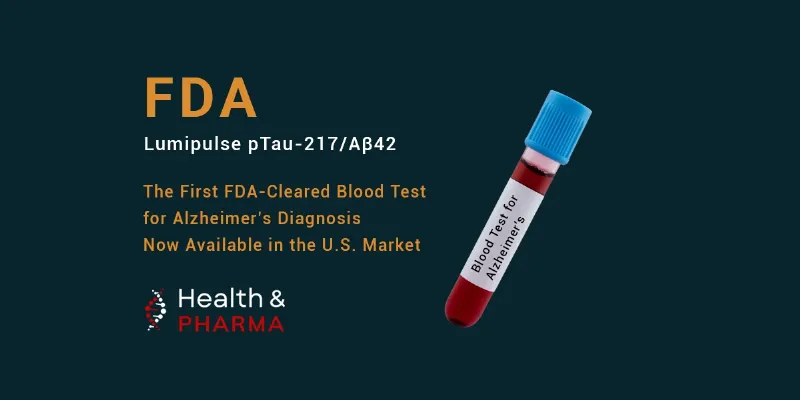
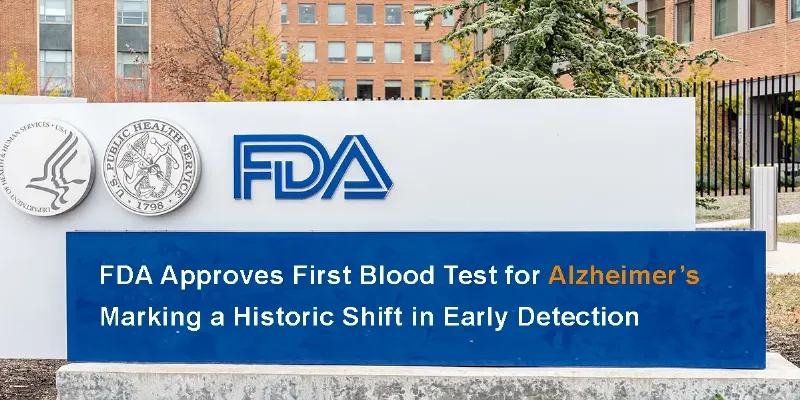
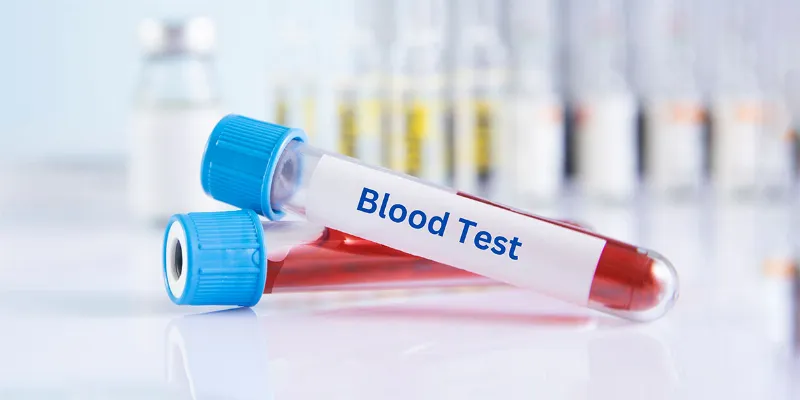



Comments
No Comments Yet!